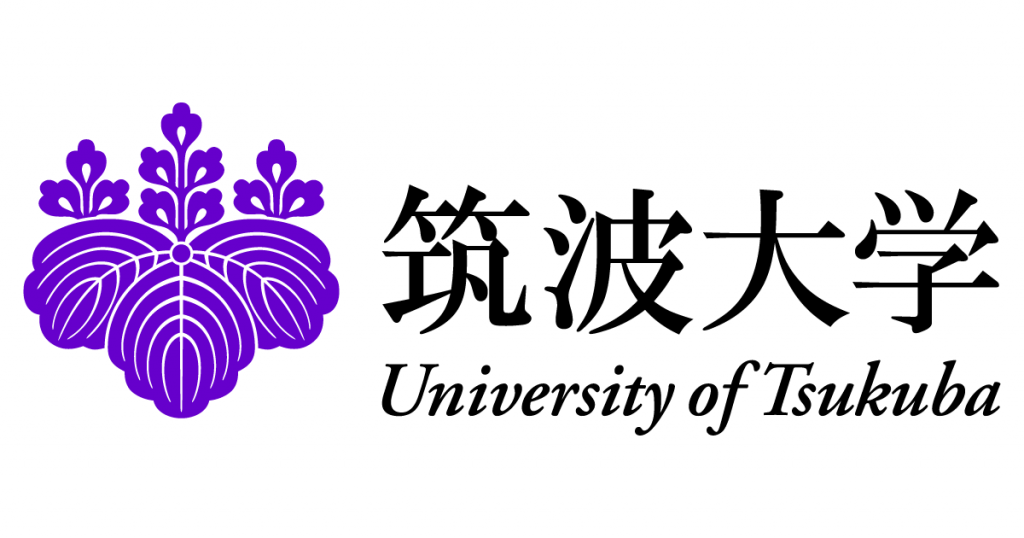
A researcher in Japan has been stripped of his doctorate after a university investigation found that his thesis contained seven lines of plagiarized text and an image pulled from the internet without attribution.
Takuma Hara received his PhD in medical sciences from Tsukuba University in March 2019, writing a thesis about a genetic mutation’s role in certain brain tumors. Allegations of misconduct against Hara first emerged on April 6, 2020, according to a report released by the school.
The university launched an investigation, interviewed Hara and found that the thesis contained two plagiarized snippets: a microscopy image was pulled from the web without attribution and, on page 6, Hara took seven lines of text from a 2016 paper, titled “Clinicopathological features of craniopharyngioma and the endoscopic endonasal surgery,” published in a Japanese journal called Progress in Neuro-Oncology. The university revoked Hara’s degree last month.
We did our best to read through the university’s report using Google Translate. Near the end of that document, the committee concluded that Hara “neglected the basic duty of care that a researcher should be aware of” by not citing the text and image, but also acknowledged that “the maliciousness of the act is low and the academic and social impact is small.”
On March 31, the university’s president, Kyosuke Nagata, said in a statement that “the awarding of the degree was canceled and the diploma was returned,” and that the situation was “extremely regrettable.” The school plans to bolster its training on research ethics and to broaden the number of faculty members that advise each graduate student, according to the statement.
Mitsuyasu Kato, the investigation committee’s chairperson, did not reply to requests for comment. When we asked why the school revoked Hara’s degree, despite the committee’s finding that the ‘maliciousness’ of Hara’s misconduct was ‘low,’ a spokesperson for the university’s department of research promotion did not answer the question and directed us to the university’s statement.
We also asked Hara and two faculty members that supervised his thesis — Hiroyoshi Akutsu and Akira Matsumura — if they thought the decision was fair. We didn’t hear back.
Hat tip: Lemonstoism, author of World Fluctuation Watch
Like Retraction Watch? You can make a one-time tax-deductible contribution or a monthly tax-deductible donation to support our work, follow us on Twitter, like us on Facebook, add us to your RSS reader, or subscribe to our daily digest. If you find a retraction that’s not in our database, you can let us know here. For comments or feedback, email us at [email protected].
They could have asked for a correction, or resubmission.
I believe canceling a degree over this is extreme.
Wow! The violation seems so small. The punishment is way out of proportion. Is there some information that we are missing? This story makes no sense
Given the information we have, the penalty is too extreme! Hope he gets to resubmit it.
The devil is always in the details, but the fact that the committee concluded that “the maliciousness of the act is low” (perhaps the act was largely inadvertent?) and that “the academic and social impact is small” (how small? Could it be near zero?), I agree that the penalty was way too severe.
Might institutional officials consider righting this apparent injustice by, for example, revising their policies and procedures to accommodate cases such as this one and then retroactively adjust the penalty? A corrigenda note with an apology from the student seems to me to be more than sufficient in this case.
At many (if not most) US schools, every thesis is checked for plagiarism, and the student is fully aware of this. However, this usually happens prior to the defense, so any “accidental” plagiarism, while not being treated lightly, can be corrected. I agree with the others, the penalty in this case seems extremely harsh, and moreover, there is no opportunity to learn from one’s mistake.
This is really extreme, and I believe the guy should have a second opportunity. I know some cases, like blatant copy and paste, still get a second chance. I personally feel this is not fair
Agree with most punishments for plagiarism reported here but this one is severe beyond fairness. Revoking your degree for 7 lines of plagiarised text, in a PhD thesis presumably 1000s of lines long, seems extreme. Obviously, the student should know better here, but all his original work should not be so quickly discounted; a resubmission with a warning letter would have been fine.